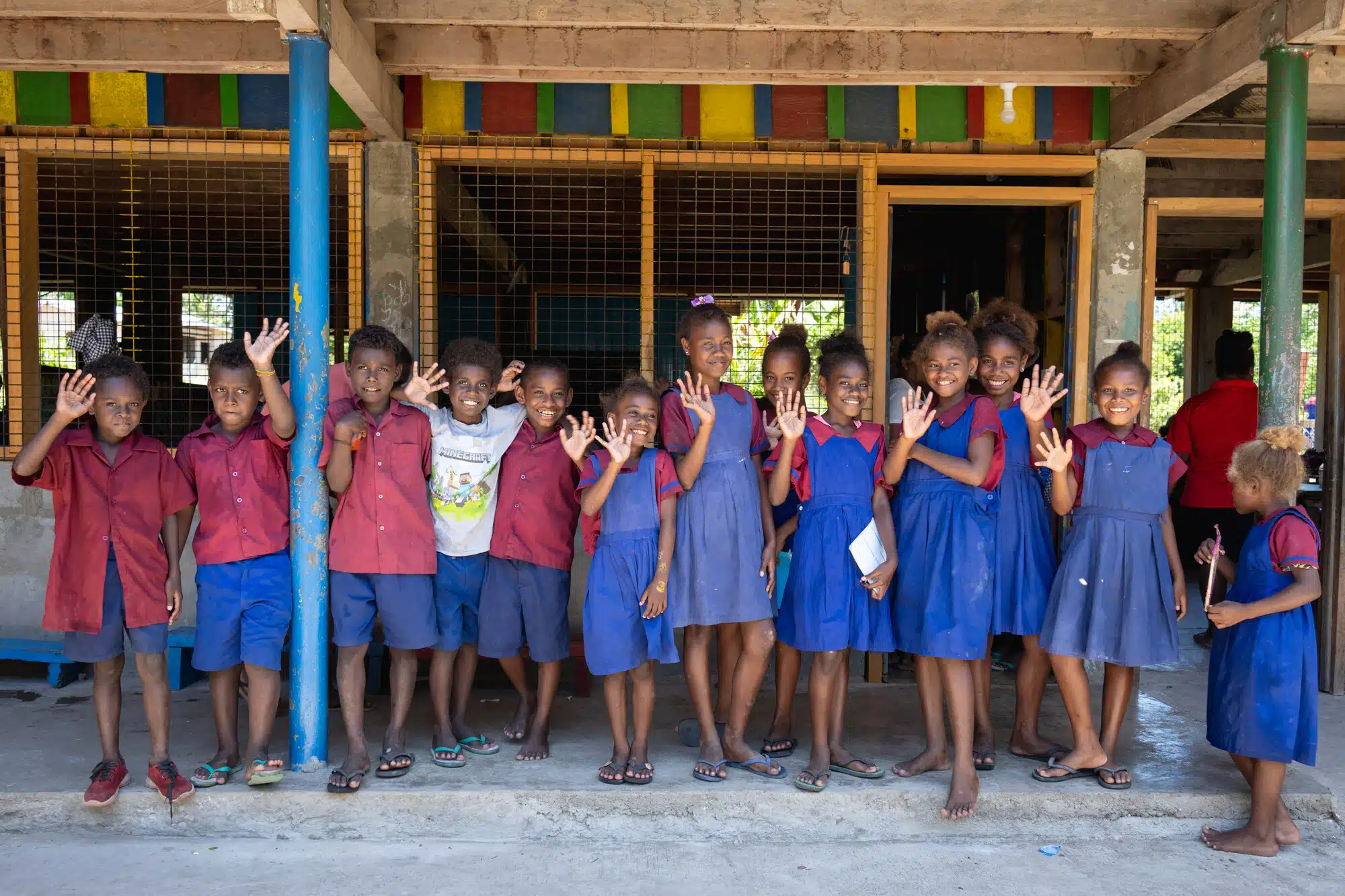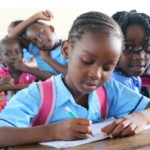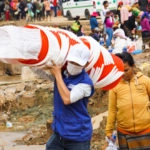Media Centre - Media release - 31 October 2020
On World Cities Day, new report reveals over 90 per cent of girls in Honiara feel unsafe in public

Key Points
- Of 236 girls surveyed in Honiara, only 7% of girls said they “always feel safe in public”
- Only 5% of girls in the focus group said they “always feel safe on public transport.”
- Only 14% of girls felt their safety concerns were valued and heard
As part of its Safer Cities for Girls global program, Plan International Australia and Plan International Solomon Islands have released a new report today that reveals most girls living in Honiara, Capital of the Solomon Islands, feel unsafe in public spaces and on public transport, and most also feel that concerns about their personal safety are not taken seriously by adults.
The ‘It’s not really safe for us girls’ report surveyed the experiences of 236 girls in Honiara and found that the real and perceived risk of sexual harassment both on the streets and in public transport meant that only 7% of the girls surveyed said they “always felt safe in public.”
Among the adolescent girls surveyed for the report, only 5% said they felt safe on public transport, with some girls experiencing intoxicated drivers, verbal and sexual harassment.
The following quotes are from some of the adolescent girls surveyed – aged between 14 and 24 and living in Honiara. These quotes are usable by media:
If you walk about on your own, you don’t know when an accident might happen to you. Any man or any boy can rape you. So, it’s not safe to walk about on your own. Even me, I will not feel safe when walking about town. When you walk about you look around and some men stand up, staring and come follow you – so it’s not really safe for us girls.“The report has provided a tremendous opportunity for adolescent girls to be able to speak about their fears of using public transport as well as public spaces,” said Emmanuella Kauhue, Country Program Manager, Plan International Solomon Islands.
“The Solomon Islands has one of the highest rates of family and sexual violence in the world. Two-thirds of women aged 15 to 49 have reported physical or sexual abuse by a partner or someone they know*,” she said.
The ‘It’s Not Really Safe For Us Girls’ report shines a light on the barriers faced and identifies what changes adolescent girls want to see so that all girls can exercise their right to freedom and safety.
The report suggests multiple and simultaneous strategies are required to change policy, improve transport and infrastructure, and to challenge and break down gender norms and negative social structures that contribute to violence against girls.
The Safer Cities for Girls Solomon Islands program is supported by the Australian Government through the Australian NGO Cooperation Program (ANCP); and implemented in formal partnership with the Honiara City Council (HCC) and the Young Women’s Christian Association (YWCA).
Plan International is calling for the following actions to improve safety outcomes for girls and young women in Honiara:
- Develop a program strategy with key stakeholders on how to change gender norms and address sexual harassment
- Support school and public-transport providers to listen to what girls are saying on how to improve their safety
- Work in partnership with Honiara City Council to include adolescent girls in decision making about public spaces – and support government workers to undergo training as part of the Safer Cities for Girls program
- Influence existing groups and create online spaces where girls can make decisions on their safety
- Collaborate with existing projects that support the elimination of violence against women and girls
For further comment contact Plan International Australia Media and Ambassador Manager James Norman – 0451291775
(*Reference: Suthanthiraraj, Kavitha et al; Unseen, Unsafe: the underinvestment in ending violence against children in the Pacific and Timor-Leste, Save the Children 2019)
About Plan International
Put simply, we’re the charity for girls’ equality. We tackle the root causes of poverty, support communities through crisis, campaign for gender equality, and help governments do what’s right for children and particularly for girls. We believe a better world is possible. An equal world; a world where all children can live happy and healthy lives, and where girls can take their rightful place as equals.
Media contacts


